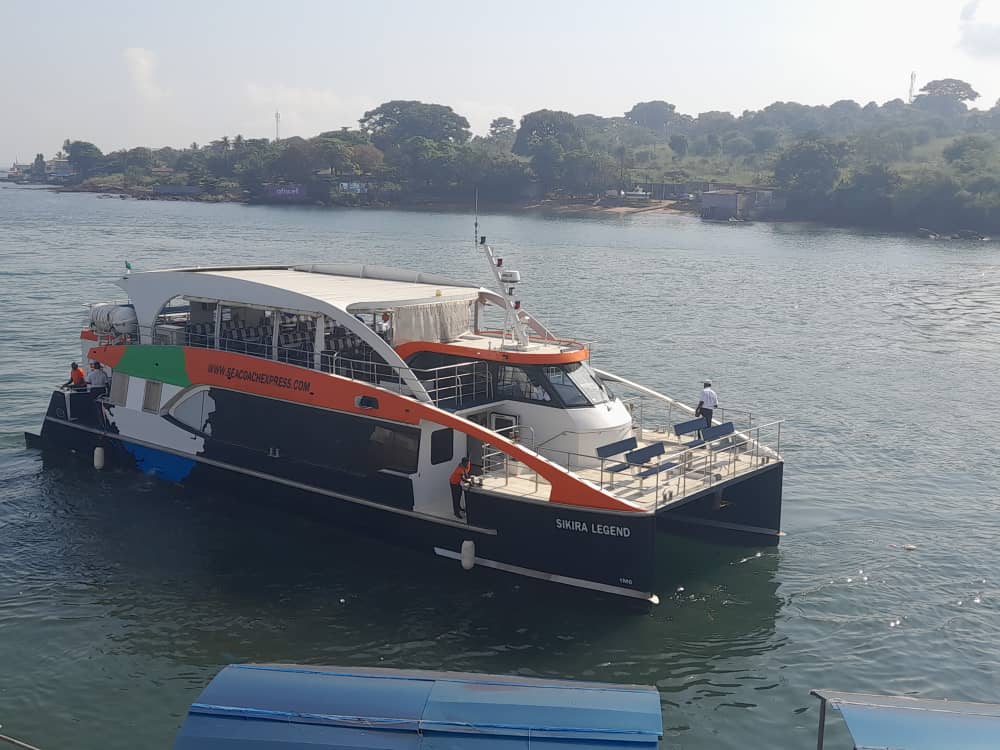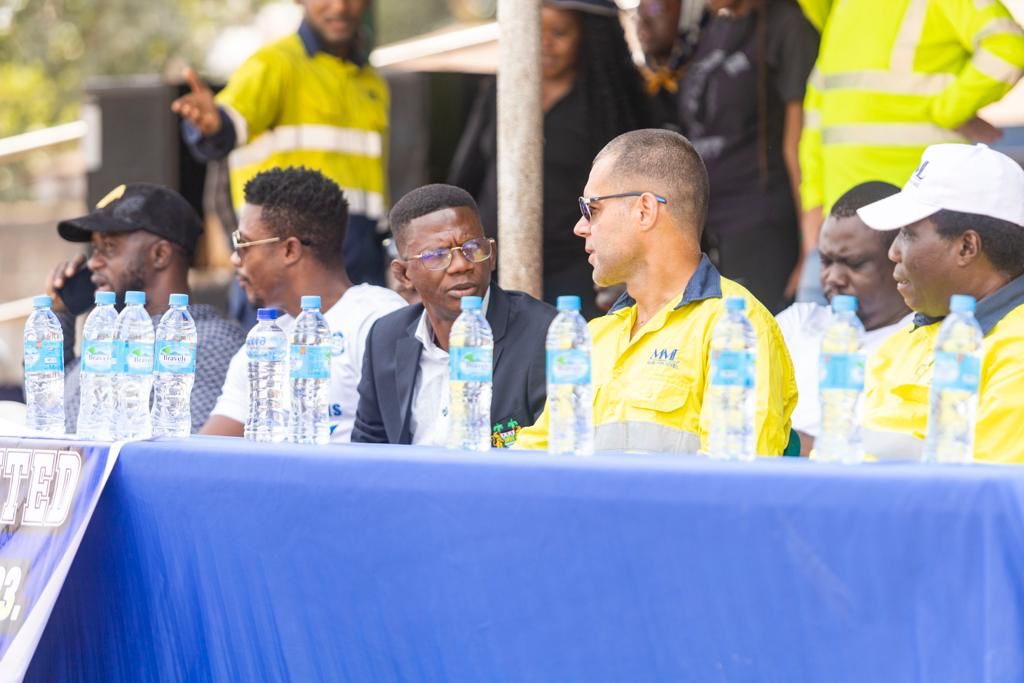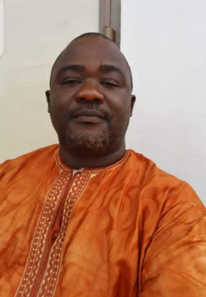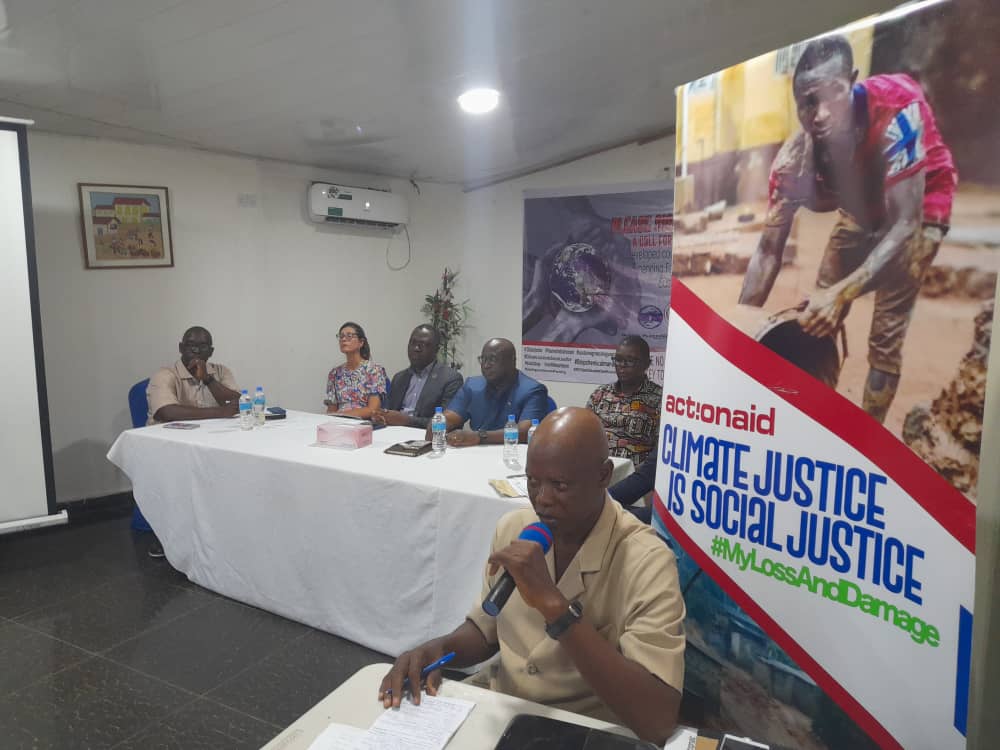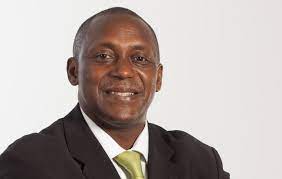Sierra Leone @ 63: Progress And Challenges In Economic Development
By Mohamed Sheriff- Switzerland

Sierra Leone, a country located on the West African coast, is making strides in economic development amid ongoing challenges. With a rich history and diverse cultural heritage, Sierra Leone is known for its stunning landscapes, vibrant communities, and resilient people. However, the country continues to grapple with various socio-economic issues as it strives for sustainable growth and prosperity.
Economic Growth and Diversification:
In recent years, Sierra Leone has experienced notable economic growth, driven primarily by sectors such as mining, agriculture, and tourism. The mining industry, particularly diamond and rutile mining, has been a significant contributor to the country's GDP. Efforts to diversify the economy beyond mining are underway, with a focus on promoting agriculture, fisheries, and ecotourism.
Infrastructure Development:
Infrastructure development remains a priority for Sierra Leone as the government seeks to improve transportation networks, energy access, and healthcare facilities across the country. Initiatives such as road construction projects, investment in renewable energy, and upgrading of healthcare infrastructure are aimed at enhancing connectivity and access to essential services for all citizens.
Social Challenges and Human Development:
Despite progress in economic development, Sierra Leone faces persistent social challenges, including poverty, unemployment, and inadequate access to education and healthcare. High levels of poverty, particularly in rural areas, hinder inclusive growth and development. Addressing these challenges requires sustained efforts to promote social inclusion, improve access to quality education and healthcare, and create opportunities for youth employment.
Healthcare and Public Health:
Sierra Leone's healthcare system has made significant strides since the devastating Ebola outbreak in 2014-2016. However, challenges such as limited healthcare infrastructure, shortage of medical personnel, and inadequate funding persist. The government, in collaboration with international partners, continues to invest in strengthening healthcare delivery, disease prevention, and emergency response capabilities to safeguard public health.
Environmental Conservation and Climate Resilience:
Environmental conservation and climate resilience are critical priorities for Sierra Leone, given its vulnerability to climate change impacts, including extreme weather events and coastal erosion. Efforts to promote sustainable land management, reforestation, and coastal protection aim to mitigate environmental degradation and build resilience to climate-related risks.
Political Stability and Governance:
Sierra Leone has made significant strides in consolidating democracy and promoting political stability since the end of the civil war in 2002. However, challenges related to governance, corruption, and accountability persist. Strengthening democratic institutions, promoting transparency, and enhancing the rule of law are essential for fostering good governance and sustainable development.
Conclusion:
Sierra Leone stands at a pivotal moment in its development journey, with opportunities for economic growth and social progress alongside persistent challenges. By addressing key priorities such as economic diversification, infrastructure development, social inclusion, and environmental sustainability, Sierra Leone can unlock its full potential and achieve lasting prosperity for its people. With concerted efforts from government, civil society, and the international community, Sierra Leone can overcome its challenges and build a brighter future for generations to come under the quality and dynamic leadership of His Excellency President Julius Maada Bio.





